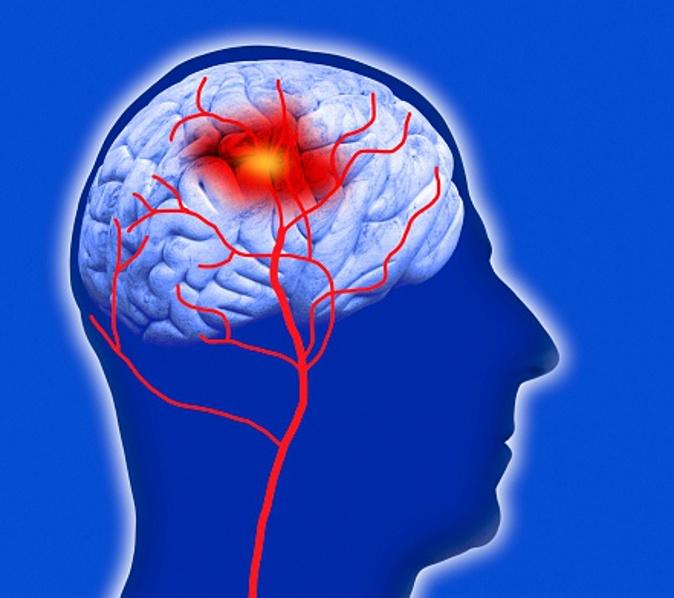A teenage boy is believed to have died from a stroke that may have been caused by a hickey, or “love bite,” from his girlfriend.
Julio Macias Gonzalez, a 17-year-old from Mexico City, is said to have suffered from a blood clot, which traveled to his brain, causing the stroke, reported The Independent and local media outlets. He reportedly had convulsions while eating dinner with his family, and they called emergency services.





